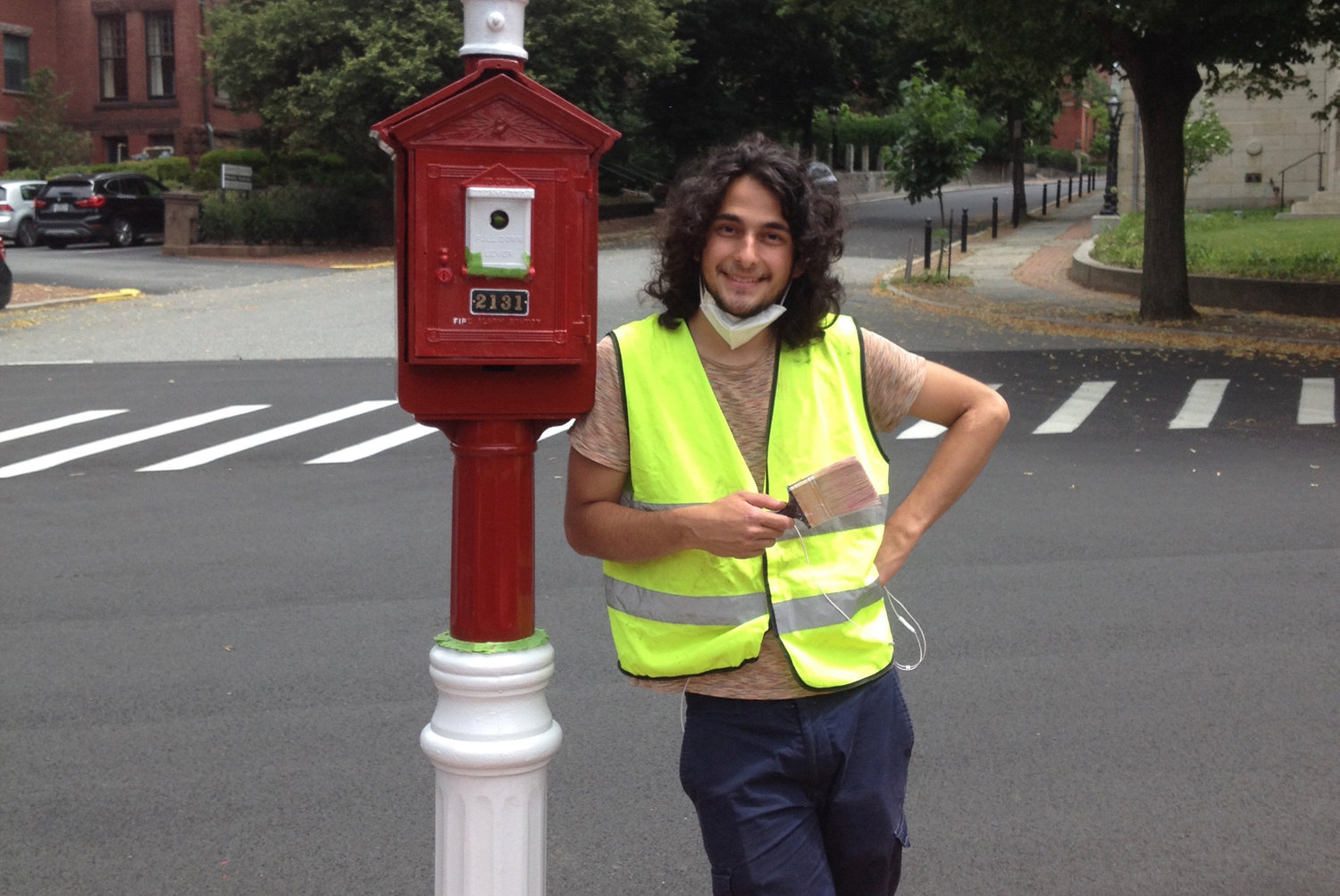Quality affordable housing proposed for Lower Fox Point
The Fox Point Neighborhood Association recently endorsed a $23 million mixed-use development proposed for Parcel 9 of I-195 land, located in lower Fox Point just south of Wickenden Street, near the Our Lady of the Rosary Church. The “Ernestina” project, which was submitted for approval to the 195 Commission in August by the nonprofit organization ONE Neighborhood Builders, will include affordable apartments, a Children’s Friend child care center, community space, and a combination of onsite and nearby (leased) parking. ONE Neighborhood Builders adheres to the City’s Comprehensive Plan in developing this project, and FPNA points out that they have been responsive to the needs of the community by providing quality affordable housing and childcare. ONE Neighborhood Builders has also responded to neighbor feedback by pledging to preserve nearby natural landscaping and make conservative use of airspace.
Community weighs in about the fate of the Columbus statue
The Christopher Columbus Statue was removed from the Elmwood neighborhood in June following incidents of vandalism and public outcry over its prominent position in the community. Now, as the statue resides in an undisclosed location, Mayor Jorge Elorza, the Department of Art, Culture + Tourism (ACT), and the City Council formed the Special Committee to Review Commemorative Works to deliberate on the cultural and artistic value of city monuments like the statue. With artistic merits derived from the sculptor, Auguste Bartholdi, who also designed the Statue of Liberty, Providence’s Columbus statue was commissioned by Gorham Manufacturing Company to highlight their silver casting ability. While the Providence Preservation Society has not, at time of press, released their official position on the issue, Executive Director Brent Runyon states that “PPS is examining the merits of the proposals we’ve heard so far, including destruction and relocation. As preservationists, we take scholarship and history seriously, but we also recognize the impacts of monuments with difficult histories that take up space in our communities. There is no solution that will please everyone, but we have to do the best we can with these decisions.”
Firebox restoration project on Benefit Street
Noticing the century-old, cracked and faded fireboxes all around College Hill, Ray Rickman, Executive Director of Stages of Freedom, was inspired to restore one of the boxes on Benefit Street as his personal contribution to beautify the Mile of History. Dan Mitrovic, a recent RISD graduate, was hired to complete the meticulous job of bringing the box back to its original 1920s glory. All of the boxes are still in active service, which means that stripping and repainting them requires care to preserve their mechanisms. Mitrovic, whose background in furniture design gave him the tools to honor the original craft, spent July removing the paint, prepping the surface, painting, and finishing. Down to the minute embossed lettering and its brass plaque, “Everyone can tell that an artist from one of America’s finest design schools did the work,” says Rickman. The success has encouraged Rickman and Benefit Street resident Wendy Marcus to raise additional funds to restore two more fireboxes on Benefit Street, one at the corner of Halsey and the other at Church. Donations can be sent by check to Stages of Freedom, or visit online for more information.
Washington Park transforms streets with new trees
October means tree-planting, and Washington Park is planning to add 22 new trees to the approximately 100 that have been planted over the past five years, transforming streets like Virginia Avenue from a bleak wind tunnel to an increasingly attractive thoroughfare lined with shade and fruit trees. Association President Linda Perri has headed this effort, working with the City Forester, the Department of Transportation, and City Councilman Pedro Espinal. This year’s focus will be Allens Avenue. For the first time, the city will plant shade trees inside yards in areas that lack curbing, as well as along the street. South Providence and particularly Washington Park have fewer trees than other neighborhoods and are considered “heat islands” within the city, due to the parking lots around hospitals, industries, and the Port of Providence. The replanting effort is complicated by absentee landlords and a transient population of students and others who may not know they need to water new trees, especially in their vulnerable first two years. Neighbors are encouraged to “adopt” a tree if they see one that needs water.
Curated by Abbie Lahmers


